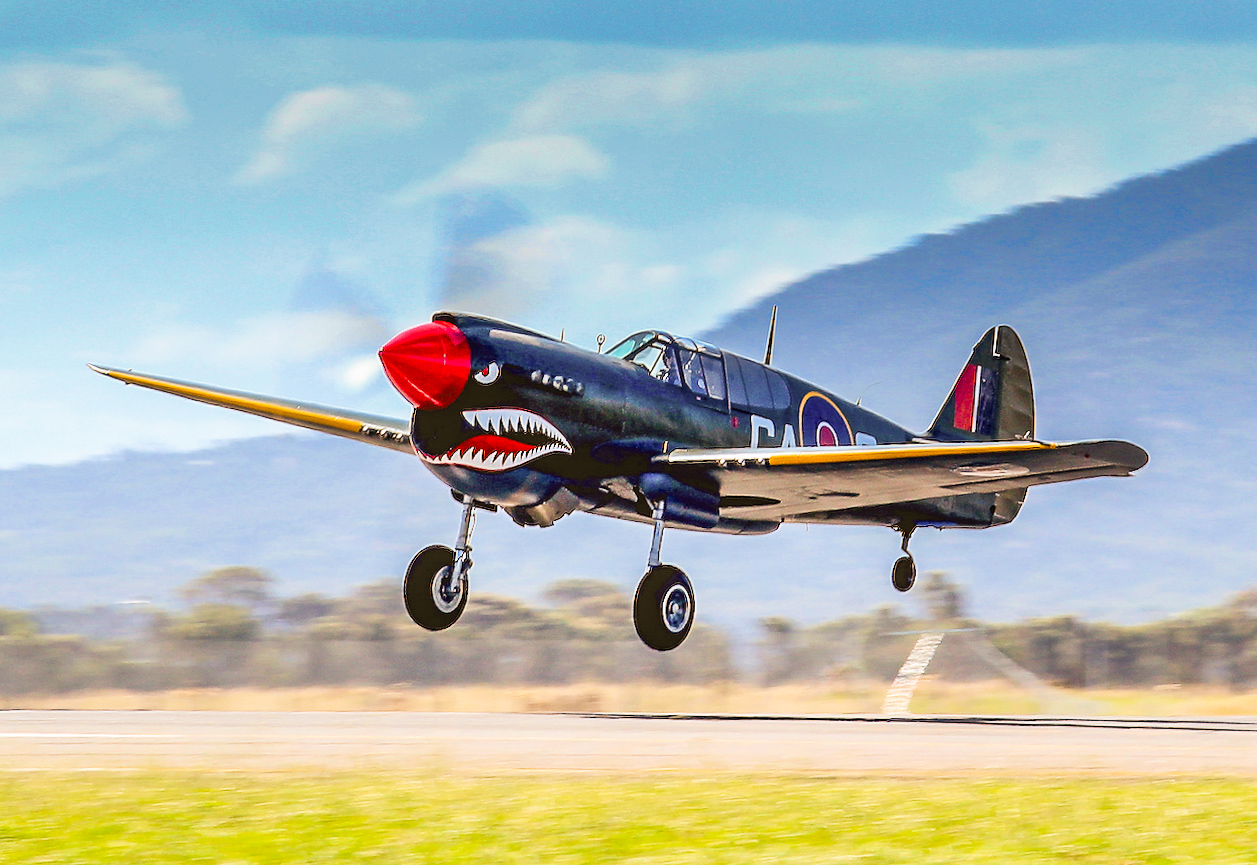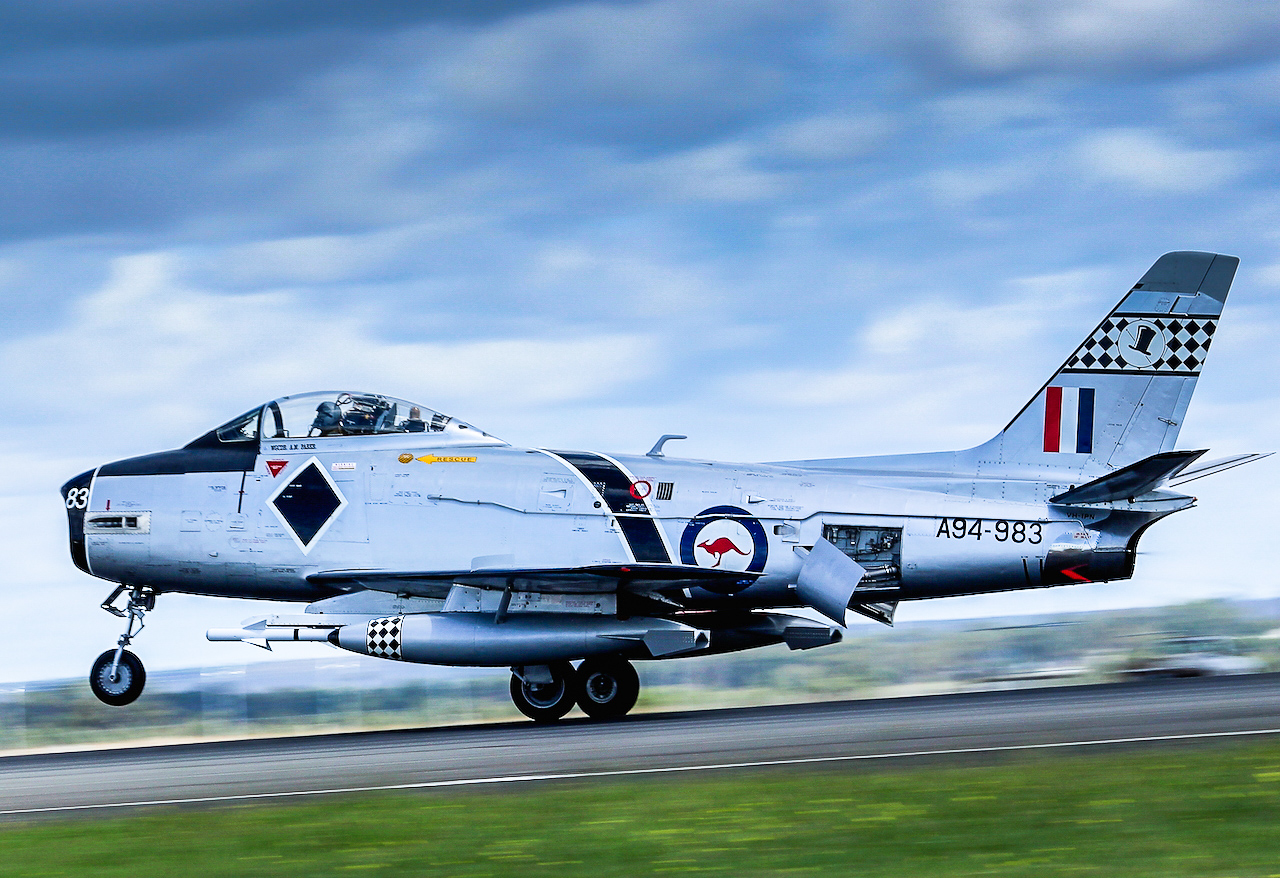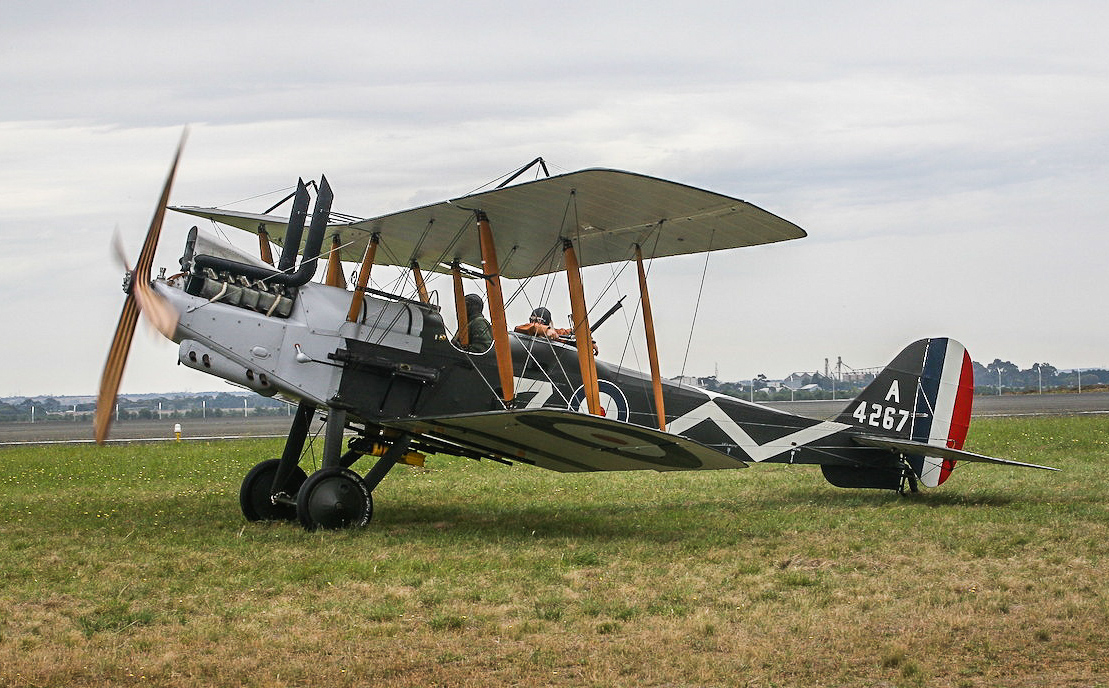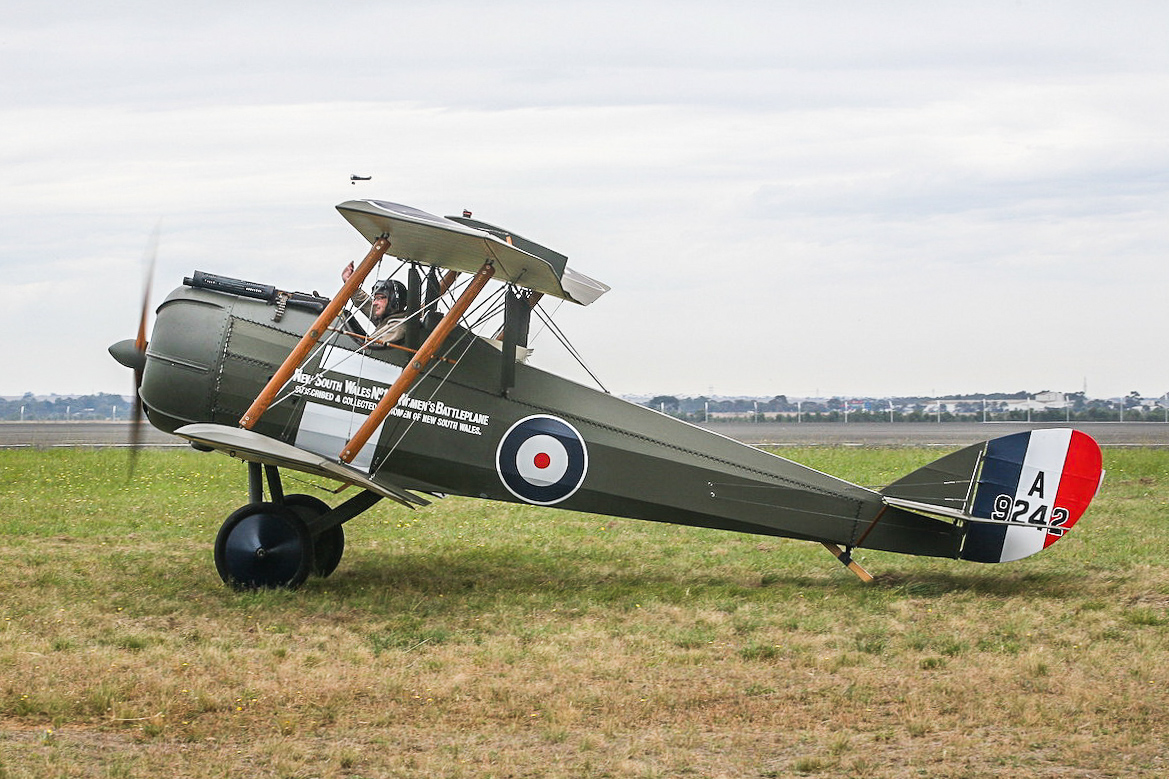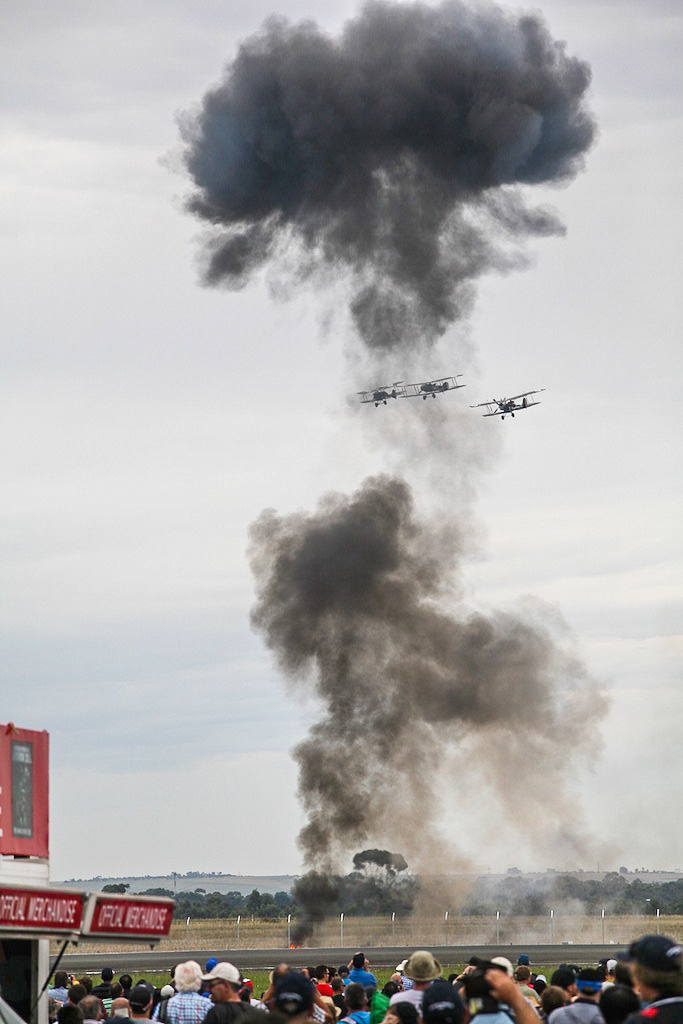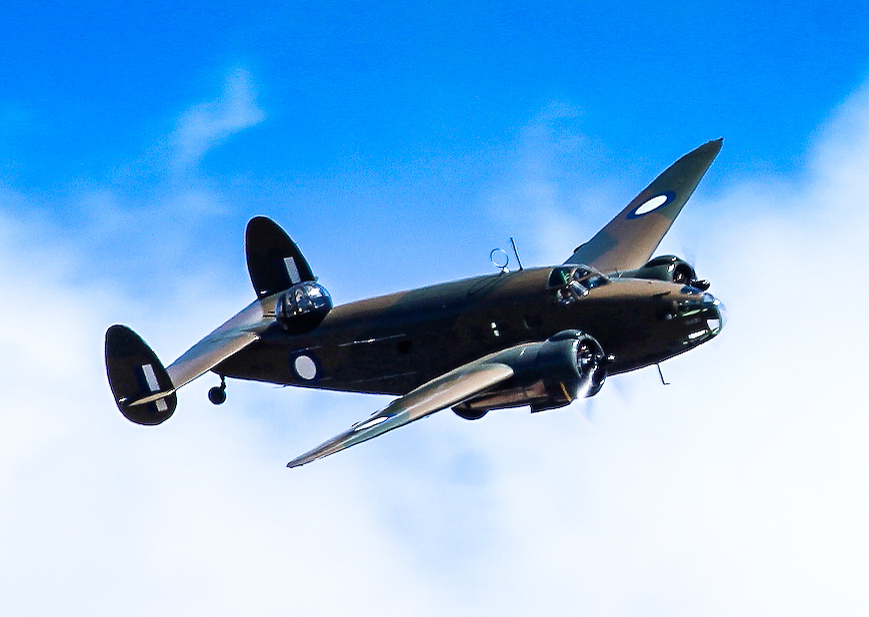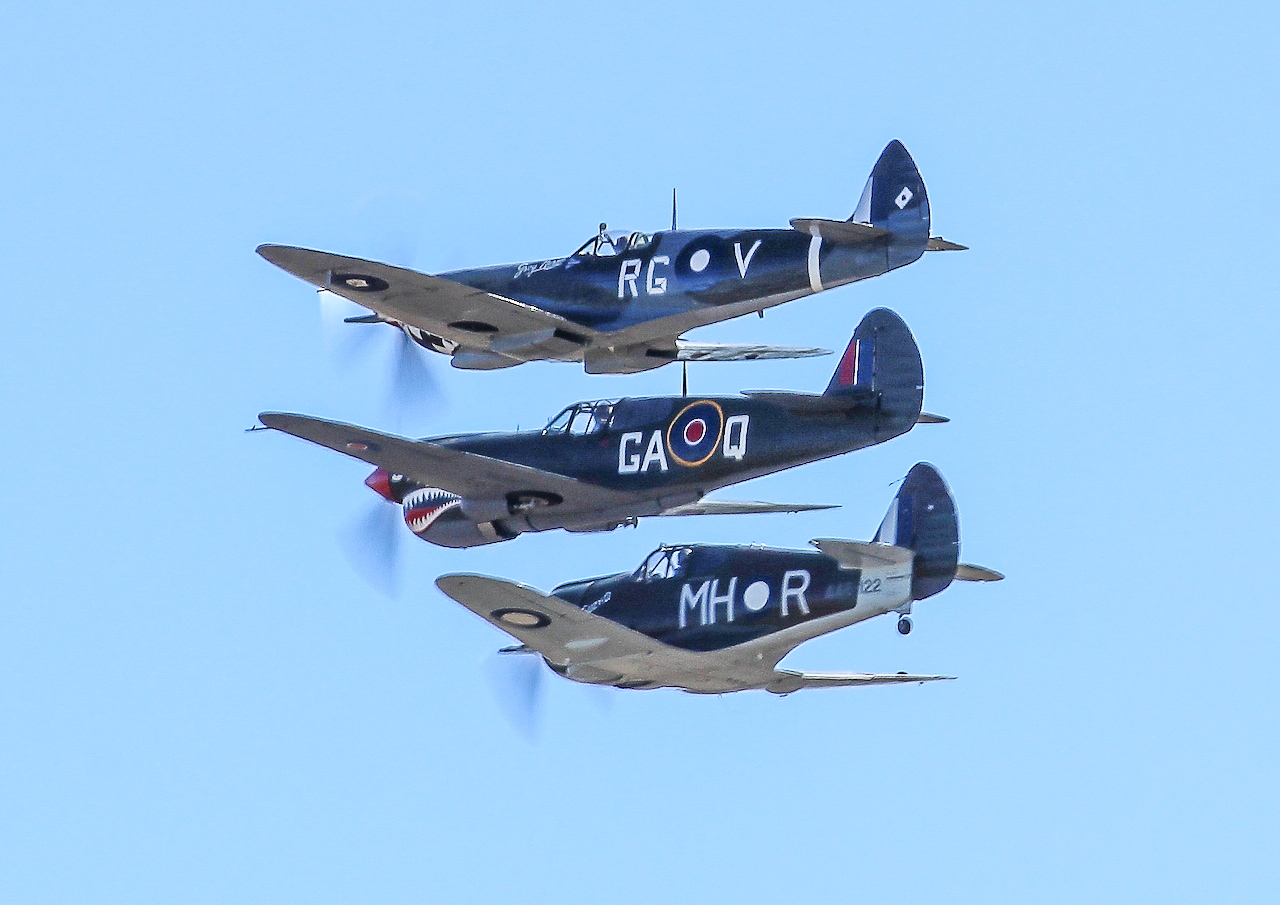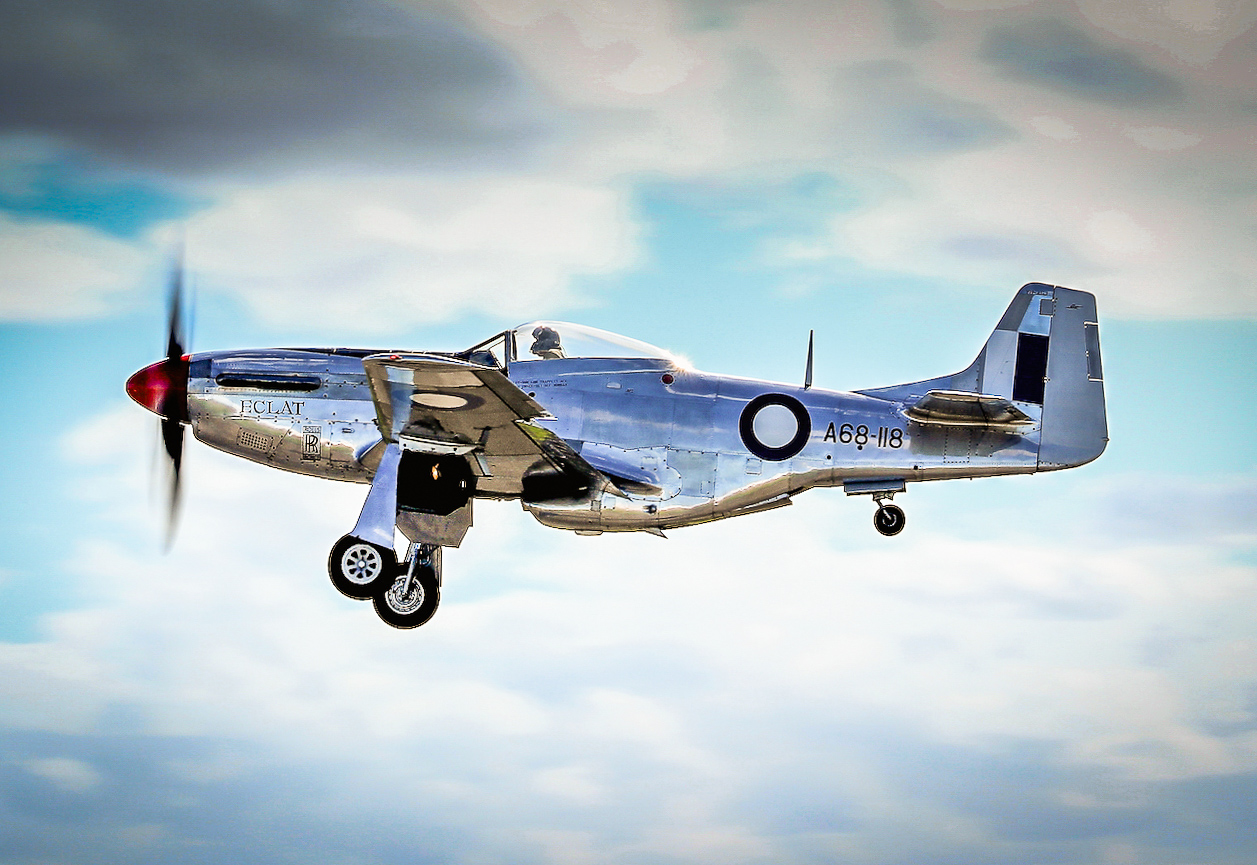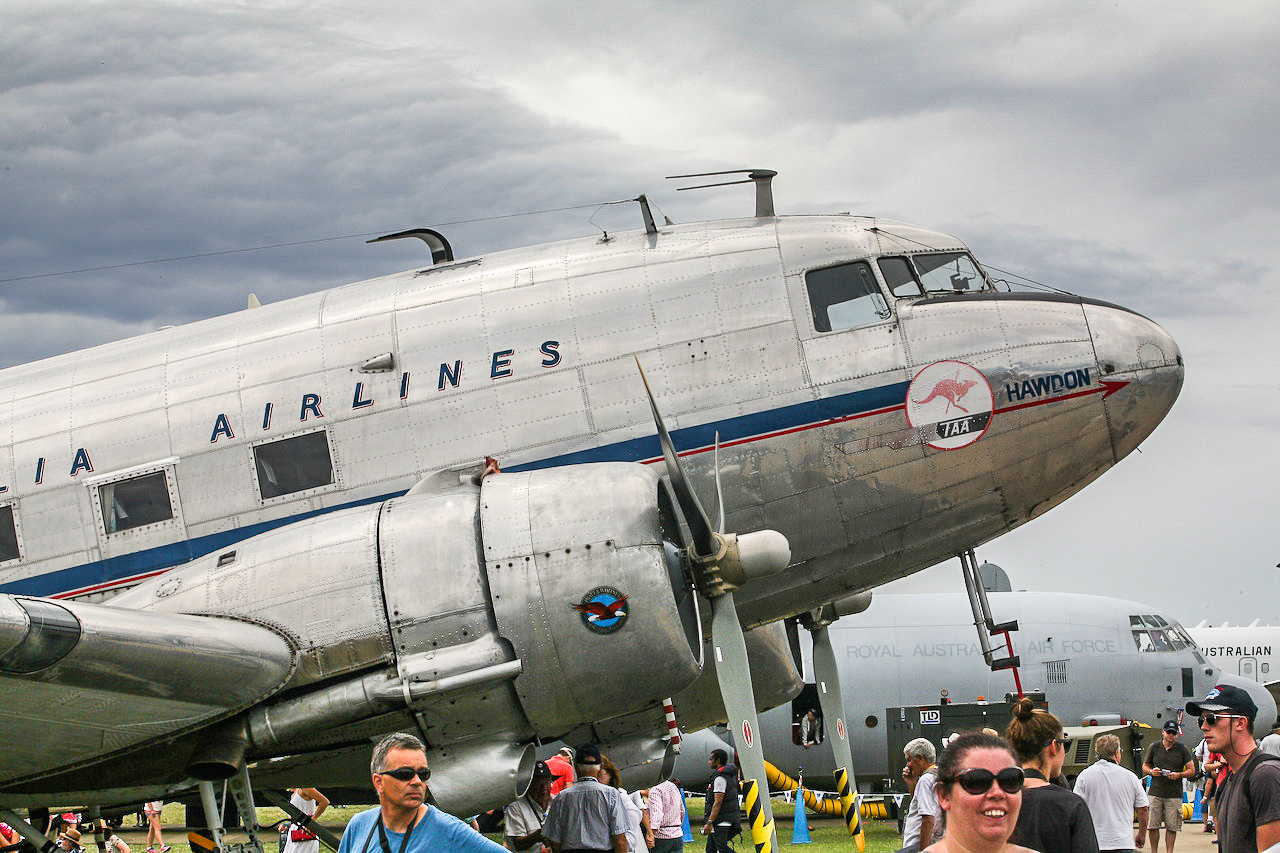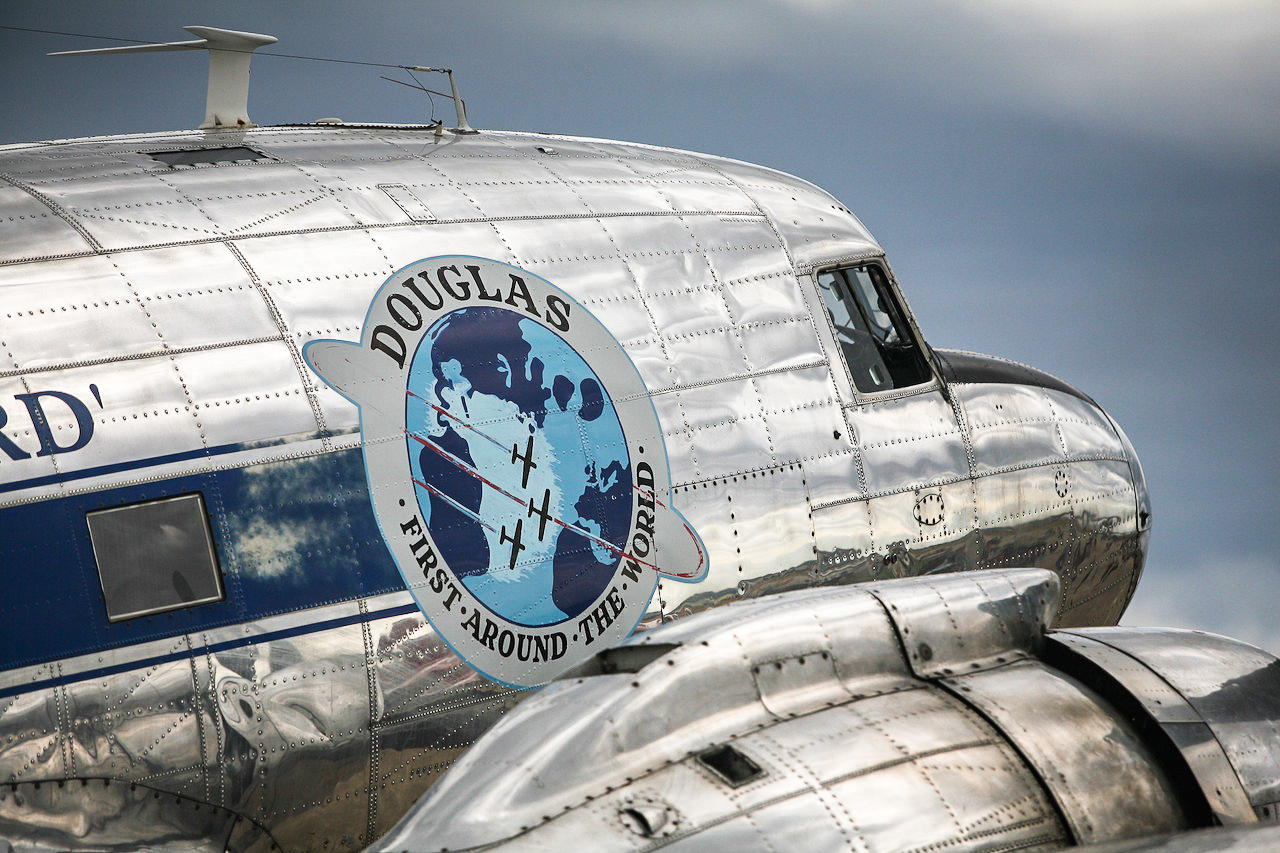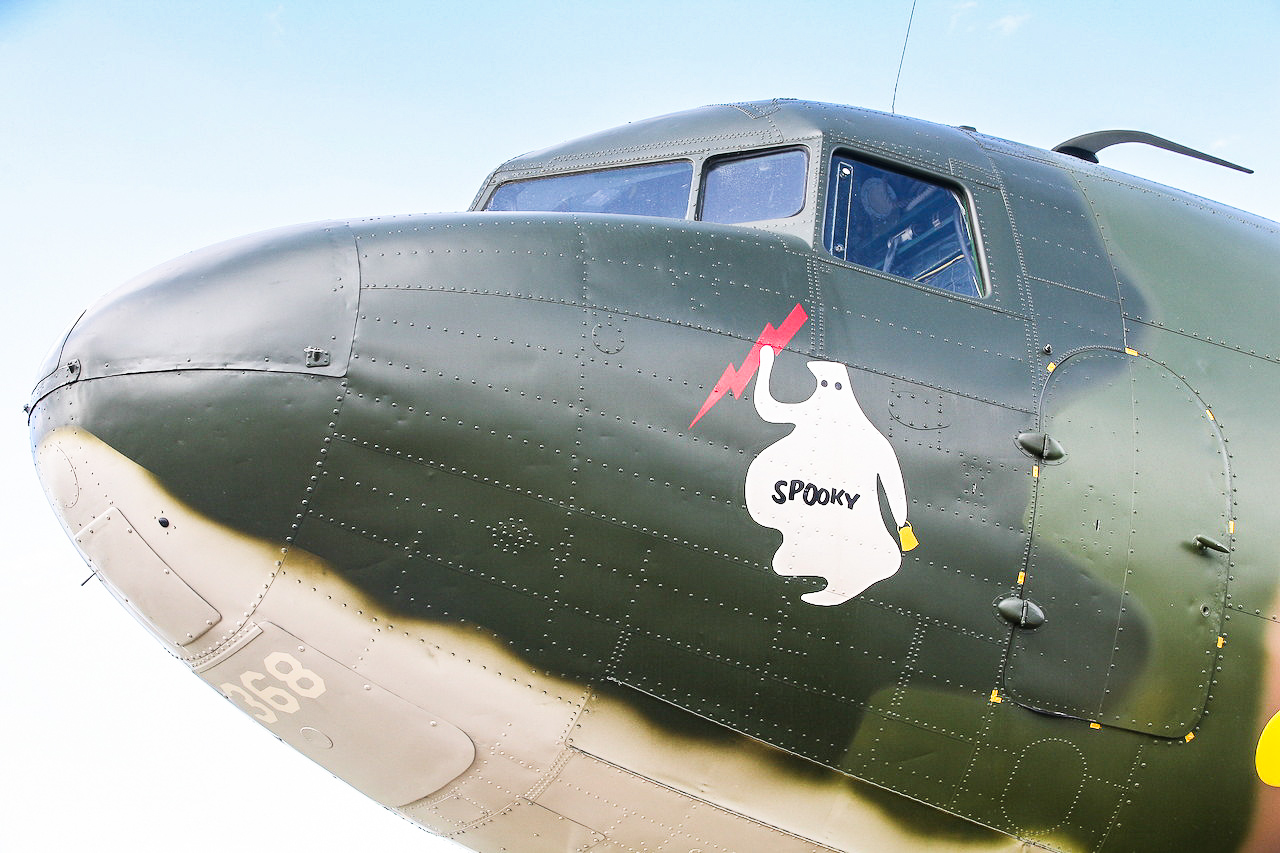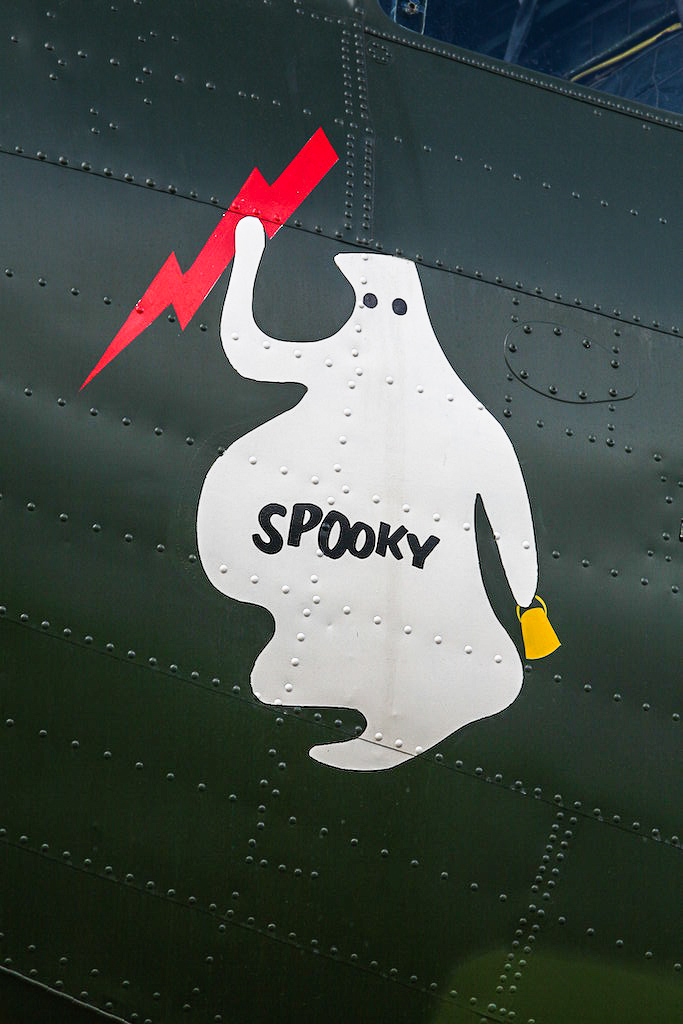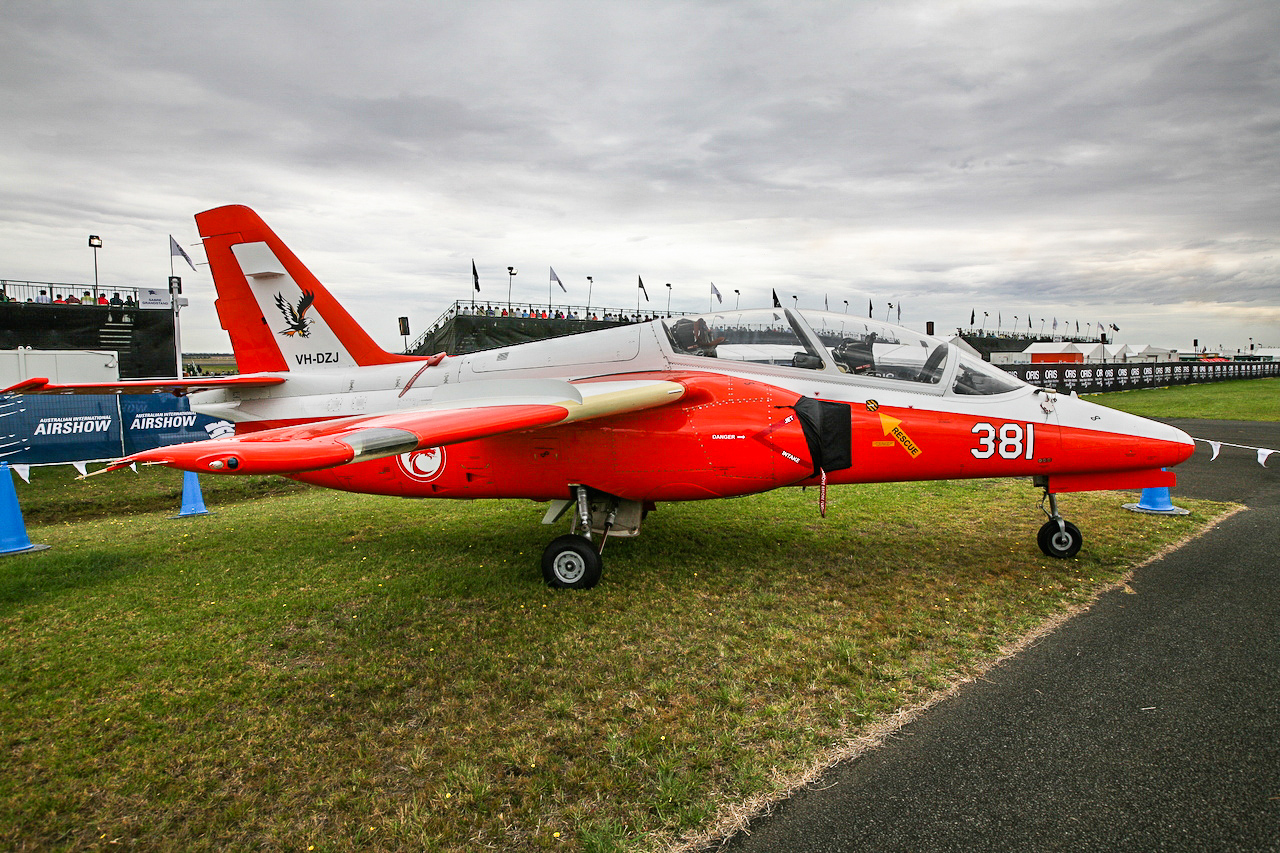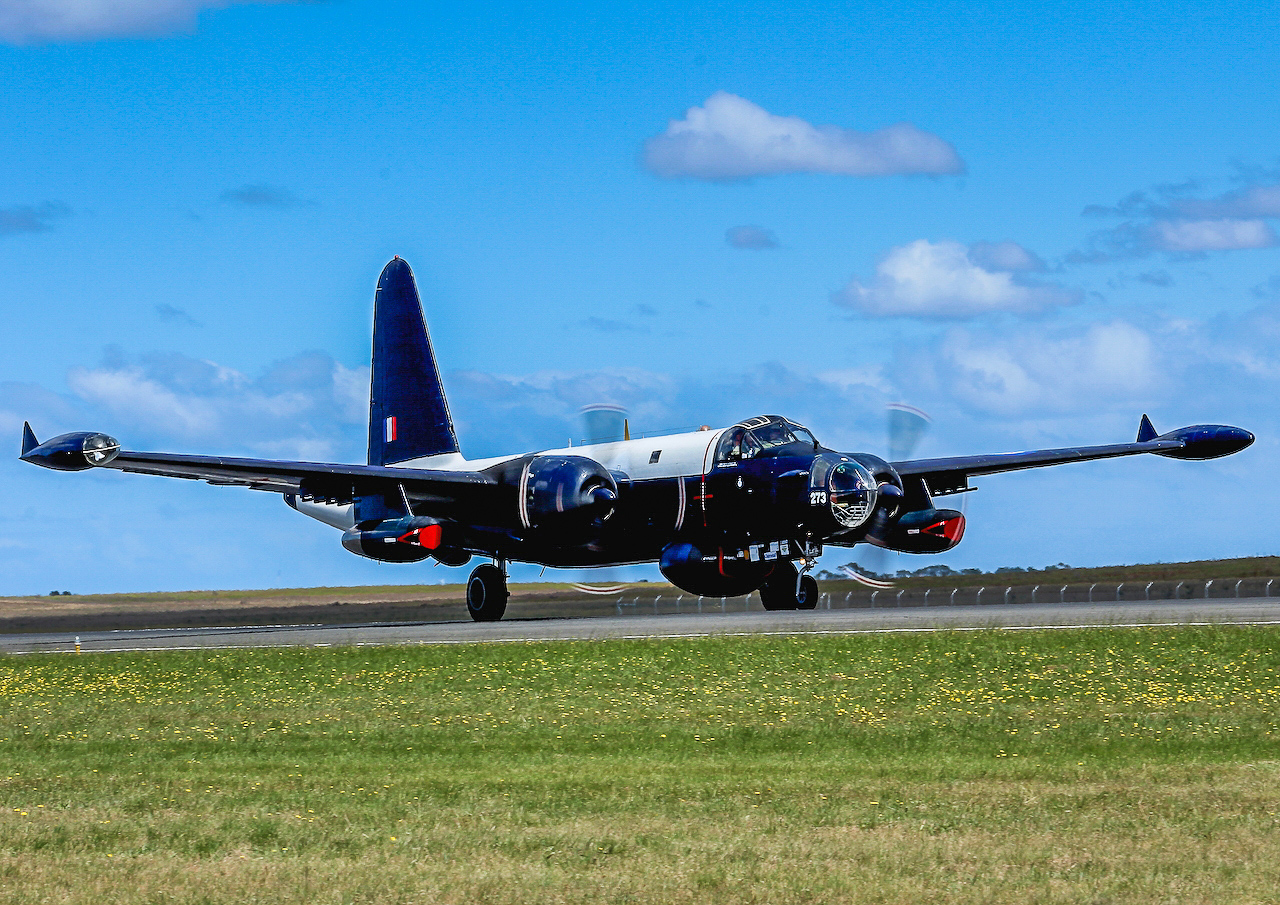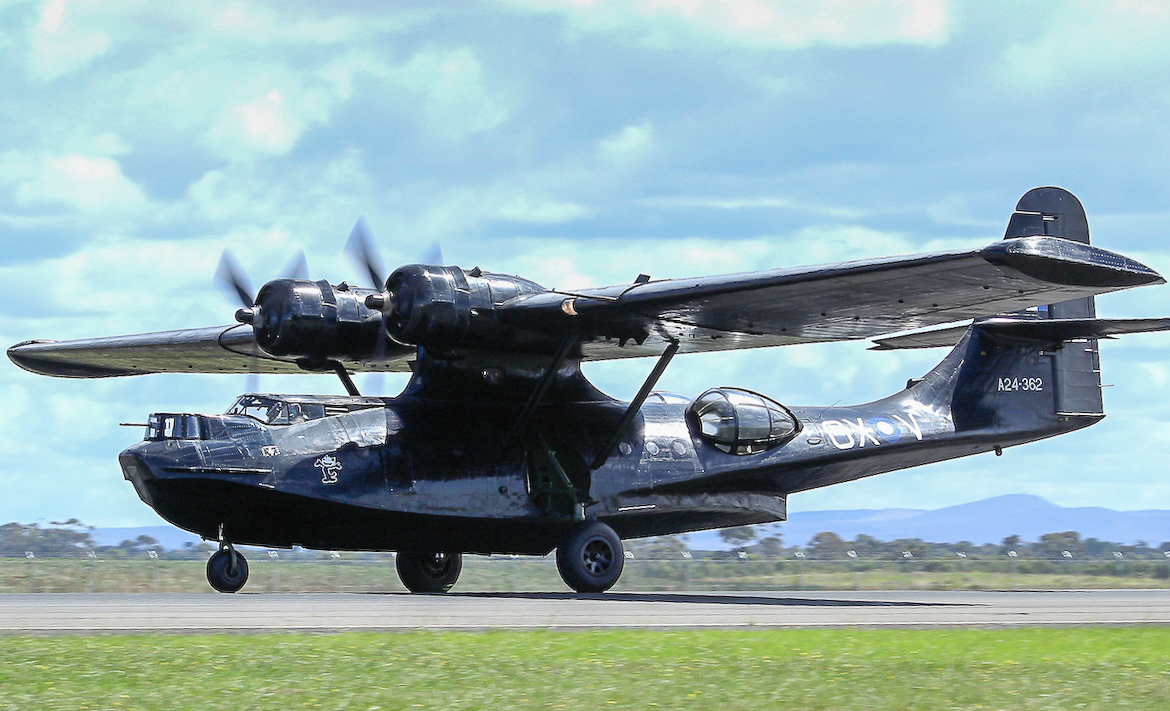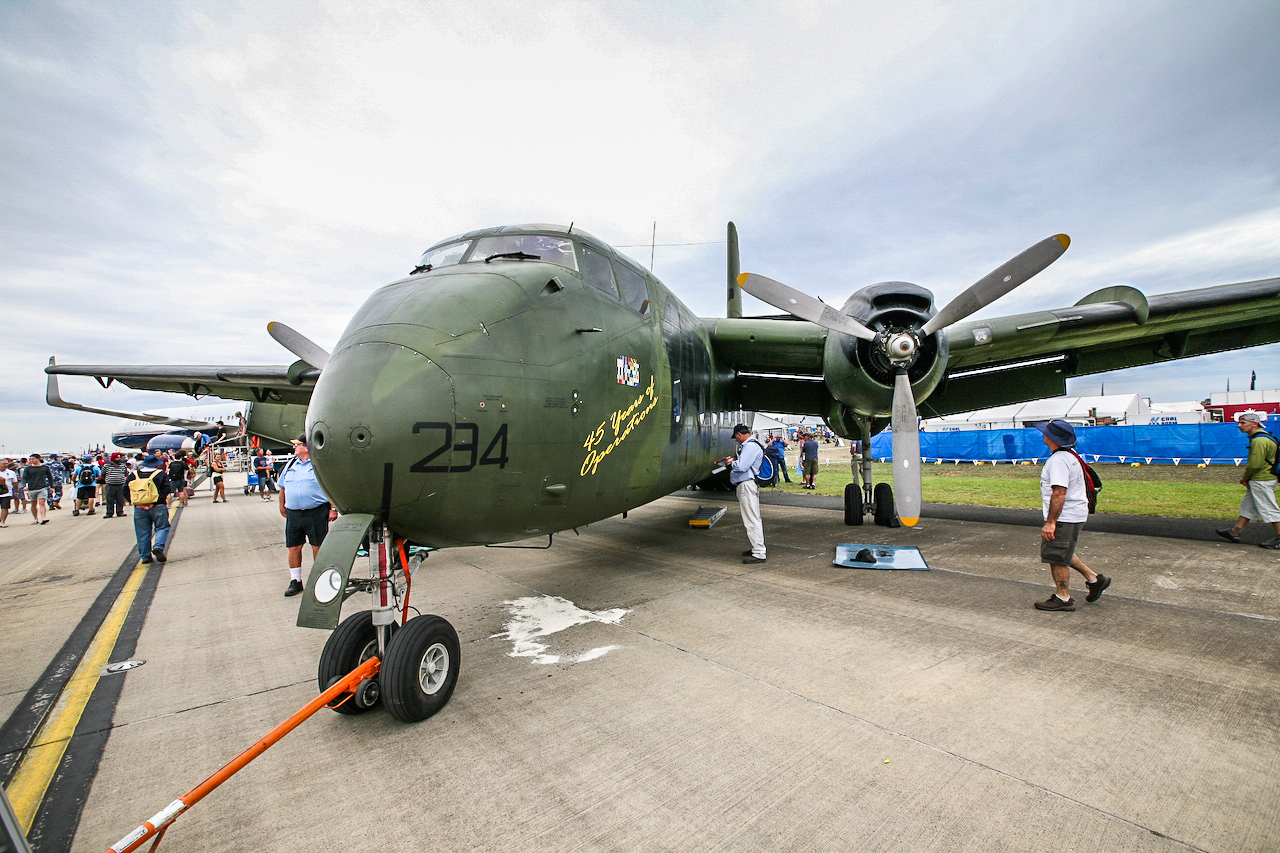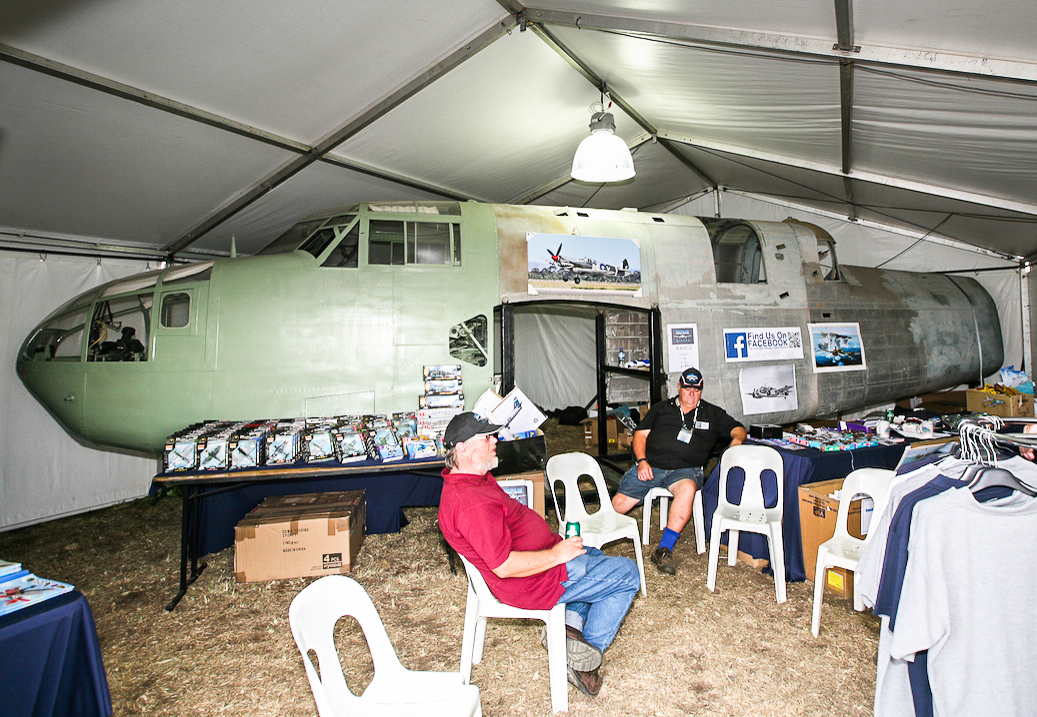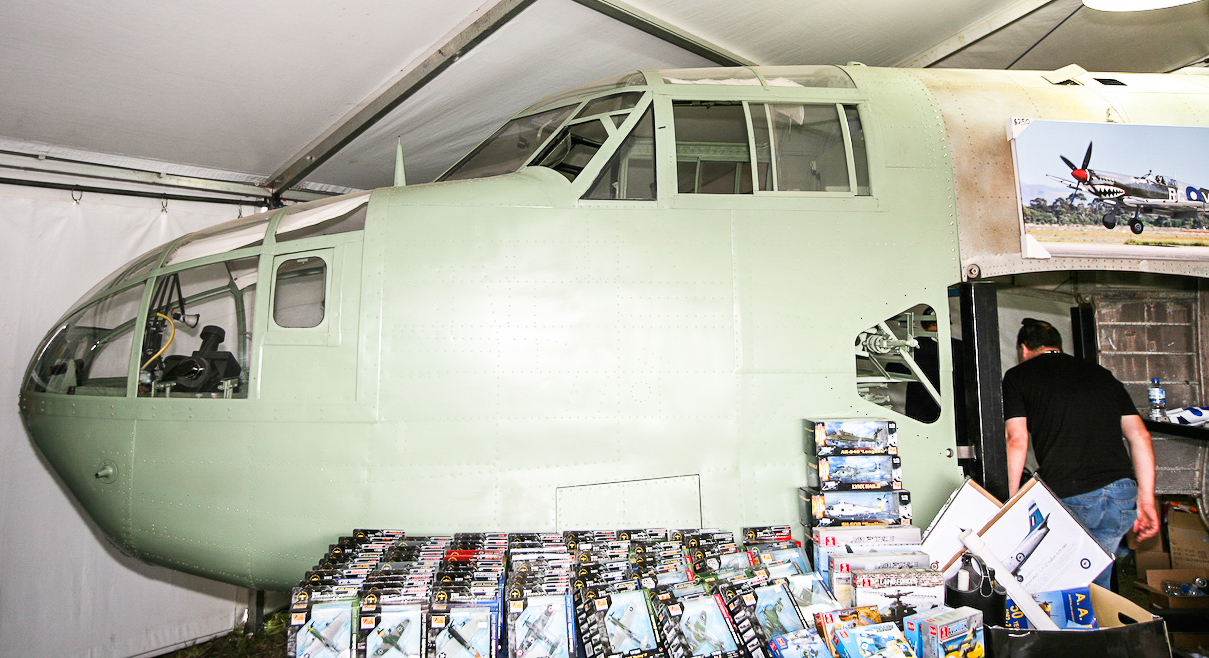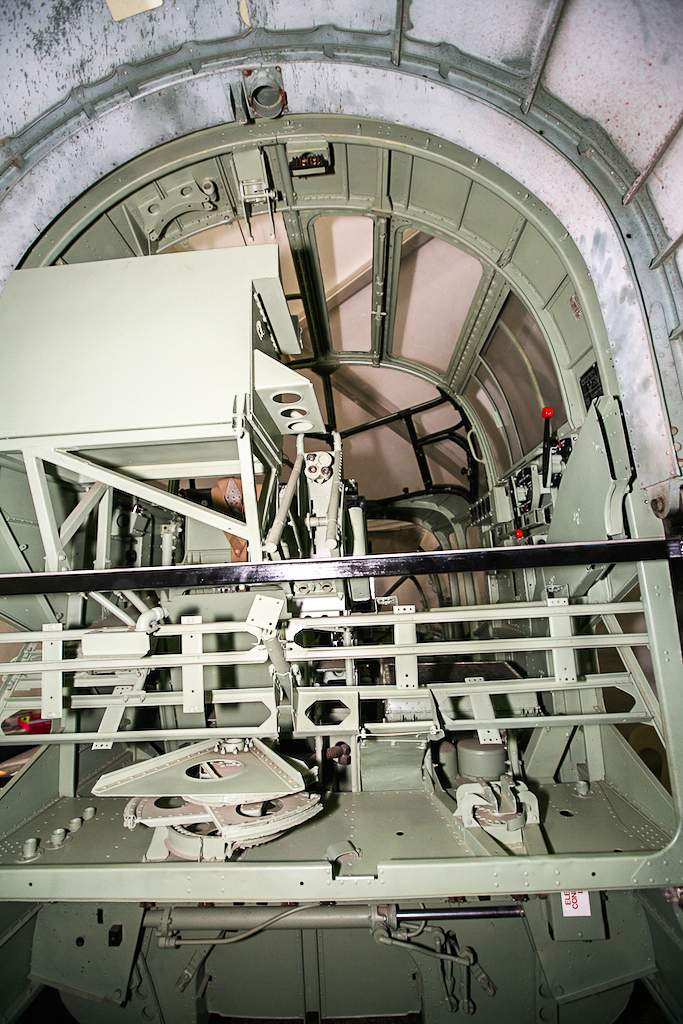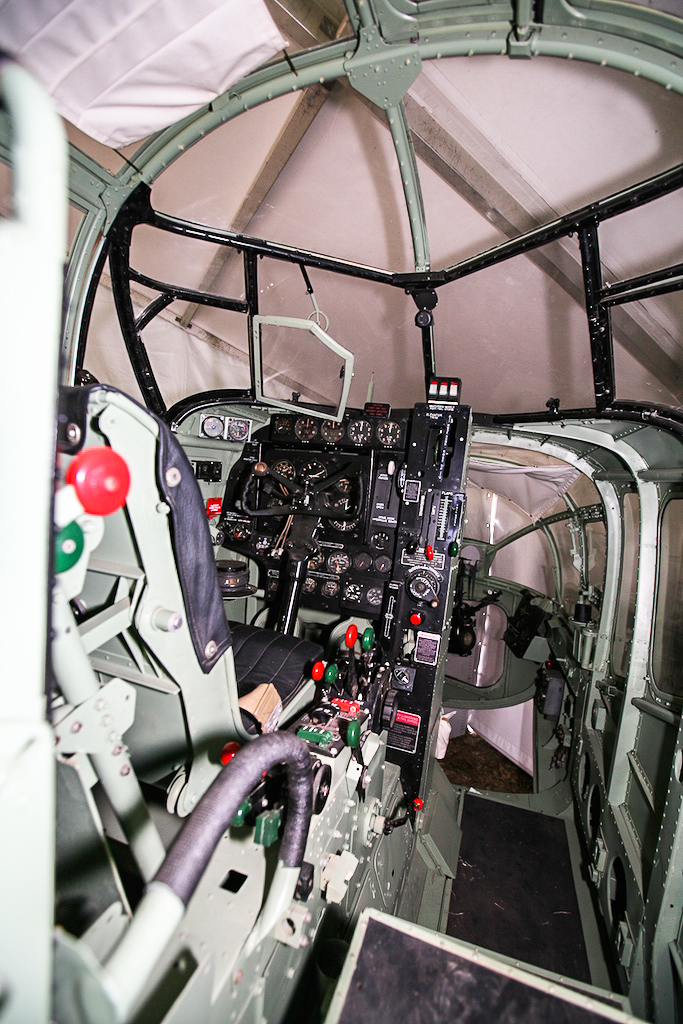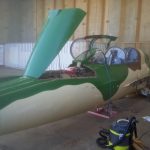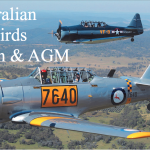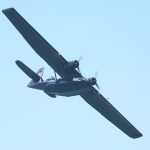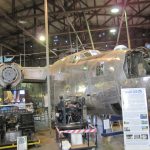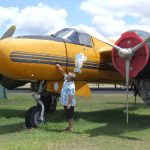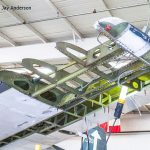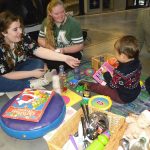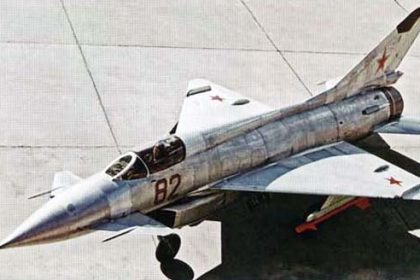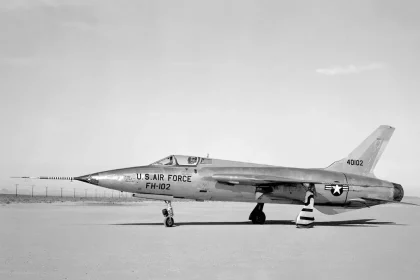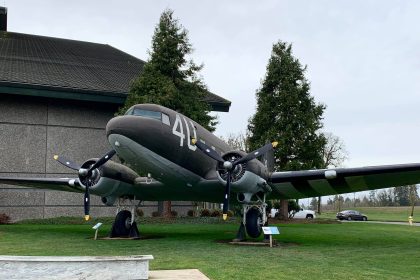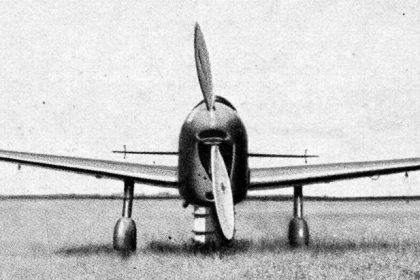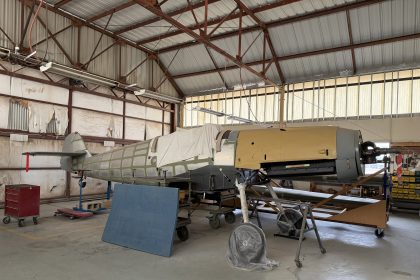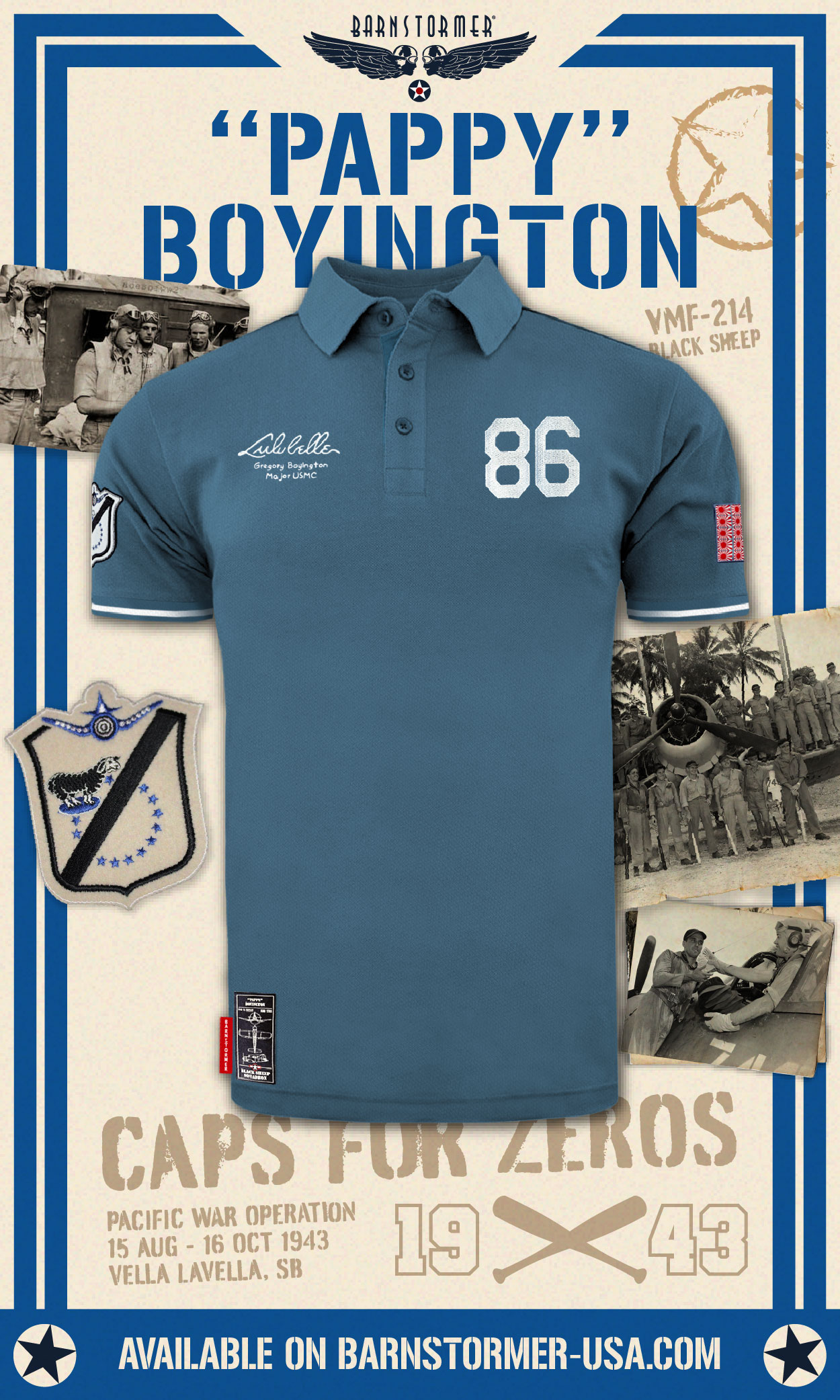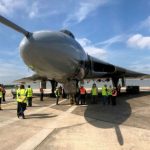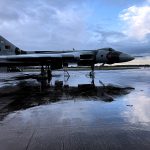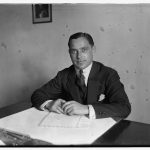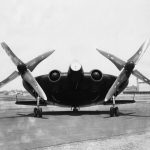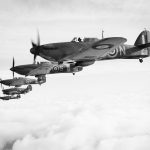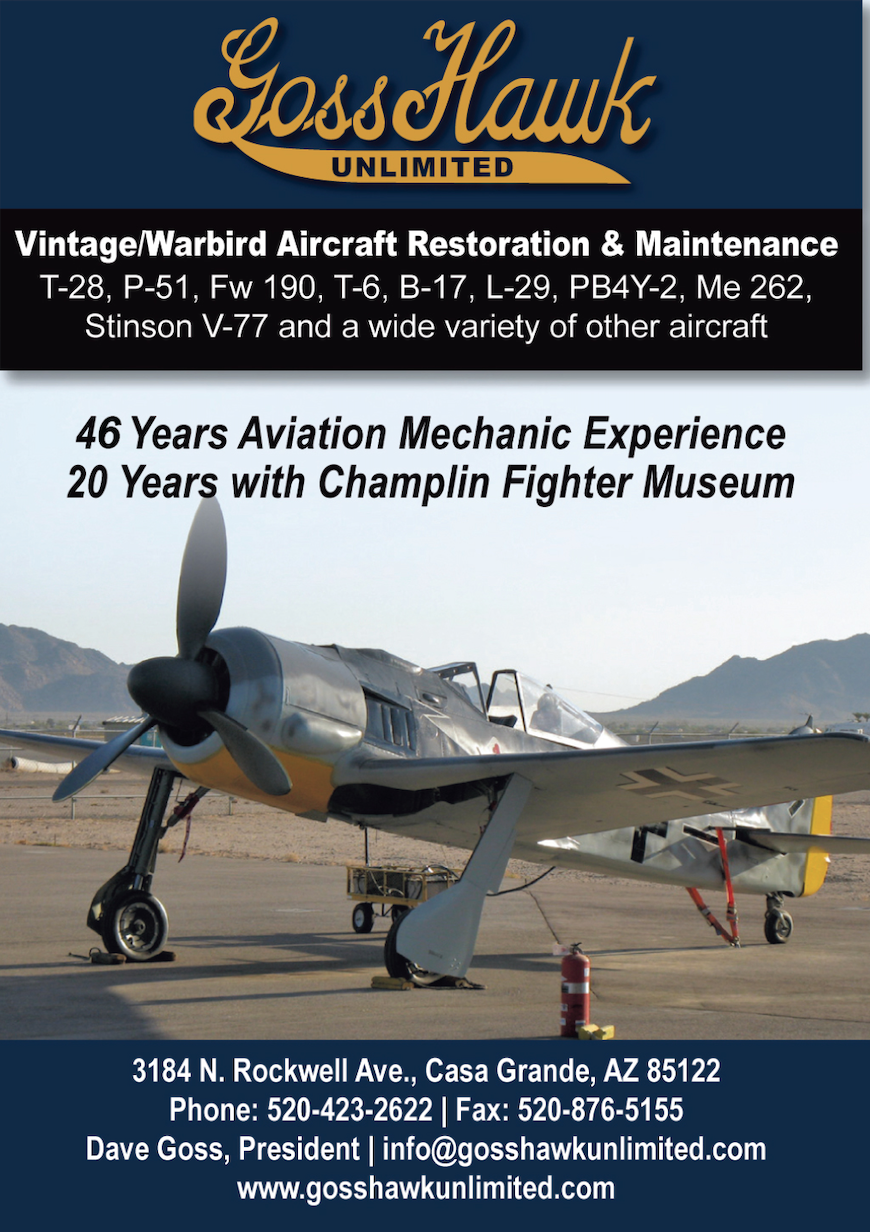Report by Phil Buckley, photos by Andrew McLennan and Phil Buckley.
Held in late February 2015, the Avalon Air Show – located 60km south west of Melbourne, Victoria in southern Australia has taken place every two years since the early 1990s. This year’s show saw the introduction of some new aviation displays and exhibits. Aviation – civil, military and warbird types, ground defence displays, trade show displays and re-enactment groups were all on hand to cater for the large audience. This year’s air show focused on the 100th anniversary of start of WWI. The show’s theme “Heroes of the Sky” tied in with the WWI remembrance as well as serving as a tribute to aviators of the past and present.
Leading the drawcard were performances from the Australian Vintage Aviation Society and the New Zealand-based The Vintage Aviator Ltd. which displayed a variety of accurate replica WWI aircraft on the Saturday show. The sight of these WWI biplanes and triplanes wheeling through the air gripped everyone’s attention! Aircraft in these displays included a Fokker Dr.I triplane, a Pfalz D.III, Fokker D.VII, Fokker D.VIII, Nieuport 11, Airco DH.5, Sopwith Camel, RAF RE8, Bristol F.2B and RAF SE5a. Comparing these early wood and fabric flying machines to the modern jet-powered, computer driven fighters provided an impossible contrast. The massive leap forwards in technology and performance almost defies belief…….. We’ve come such a long way in 100years.
The WWI biplanes were showcased alongside popular WWII warbirds such as the Temora-based Spitfire VIII, Jeff Trappett’s CAC Mustang and Alan Arthur’s P-40 Kittyhawk, all of which did high speed fly-bys and formation passes for the crowd. Joining the famous trio were a few C-47/DC-3 transports in civil and military colours. A head turner and rarely seen in public was Jeff Trappett’s C-47 Dakota marked as a USAF AC-47D “Spooky” gunship of the Vietnam era. The ominous looking “Spooky” contrasted sharply with the shiny silver and high gloss paint schemes on the two DC-3 civil airliners which fly around Melbourne and Victoria on charter flights. The Temora-based Lockheed Hudson, the sole airworthy example in the world, also flew… recounting the dark days of early WWII when the Hudson was the only RAAF bomber type available in the Pacific Theatre.
The airshow saw many warbirds attend from light trainers/liaison such as the O-1 Birdog to the S.211 Marchetti jet. The Temora Aviation Museum’s Gloster Meteor and CAC Sabre jets flew formation formation with an RAAF F/A-18 Hornet to showcase the evolving technology within the RAAF from the 1950s to current day. Sadly, the CAC Sabre is due to be grounded this March 2015 as Martin Baker will no longer certify its ejection seat, something which may well affect many worldwide jet warbirds soon. Hopefully a change in heart will take place at Martin Baker or a third party might obtain a license for the much needed spares to enable aircraft using these seats to stay operable.
The airshow had a few of the popular HARS aircraft such as the WW2 era Catalina, 1960s Neptune and 1960s Caribou in attendance doing flying and static displays. A new HARS display was the fuselage of a former Caribou now used as a merchandise display shop. Besides the fighters and bombers, the popular RAAF trainers of the old days – CAC Winjeels and CT-4 flew a few formation passes to show how well developed close formation skills can be.
Away from the flight line, civil aircraft and business trade stalls intermixed with high-tech military jets and warbirds making the airshow an interesting place to see how aviation has developed over the years. Three warbird cockpits were also on display at Avalon; a MiG-21, EE Canberra and Hawker Hunter single seater. The Moorabbin museum also had the fuselage of their super-rare Bristol Beaufort bomber on show.
The next Avalon is in early 2017. Many hope the WWI fighters return in big numbers.
More photos by Andrew McLennan and Phil Buckley.
[inpost_galleria thumb_width=”200″ thumb_height=”200″ post_id=”18593″ thumb_margin_left=”3″ thumb_margin_bottom=”0″ thumb_border_radius=”2″ thumb_shadow=”0 1px 4px rgba(0, 0, 0, 0.2)” id=”” random=”0″ group=”0″ border=”” show_in_popup=”0″ album_cover=”” album_cover_width=”200″ album_cover_height=”200″ popup_width=”800″ popup_max_height=”600″ popup_title=”Gallery” type=”yoxview” sc_id=”sc1426335263694″]







